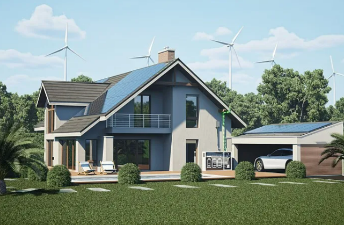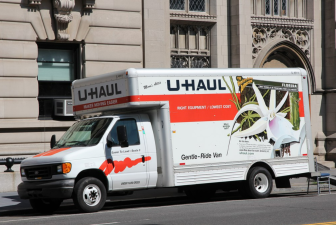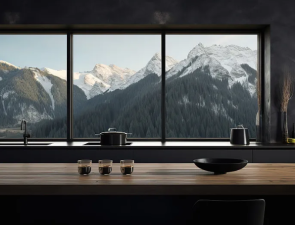With the increasing global demand for sustainable energy, solar energy is increasingly favored by households and businesses as an environmentally friendly green energy source. Especially in Europe and the United States, the installation of solar panels has gradually become a trend to improve energy use and reduce electricity bills. However, are solar panels really for everyone? Let's analyze the pros and cons of installing solar panels on your roof to help you make an informed decision.
Advantages and disadvantages of solar panels
1.Advantage
Save money on electricity: Solar panels can significantly reduce the electricity bill of a home or business by absorbing sunlight and converting it into electricity. Especially in sunny areas, solar panels can meet most of the electricity needs, saving money and reducing dependence on the grid.
Environmental contribution: Solar energy is a clean energy source, and the use of solar power does not produce harmful gas emissions. With the increasingly serious problem of climate change, solar energy as a low-carbon energy, can effectively reduce environmental pollution, especially for those highly concerned about environmental protection families and enterprises have great appeal.
Boost home values: In some countries, homes with solar panels are often favored by buyers, especially those who value the environment. In addition, the presence of solar energy systems can significantly improve the energy efficiency of the house, thus increasing the market value of the house.
Energy independence: Installing solar panels can reduce reliance on traditional electricity supplies and provide additional energy security. Especially in areas with unstable power supplies or natural disasters, solar panels ensure that a home or business continues to have some source of energy during power outages.
Low maintenance costs: Modern solar panels are designed to be low maintenance, usually requiring only regular cleaning and inspection. Their service life can reach more than 20 years, so despite the high initial investment, in the long term, solar panels can bring a high return for a home or business.

2.Shortcoming
High initial investment: Although solar panels can save electricity bills in the long term, the initial investment in installing solar panels is relatively high. For families or small businesses with limited budgets, equipment purchase and installation costs can become a burden and it is difficult to see a return in the short term.
Weather-dependent: The efficiency of solar panels is affected by weather conditions. In rainy or winter months, solar panels produce significantly less electricity. As a result, users still need to rely on the grid or backup power to ensure power supply when there is no sunlight, adding additional costs.
Roof load and space requirements: Solar panels need enough roof space, and the roof must be able to support the weight of the solar panels. If the roof does not meet the installation requirements, structural reinforcement or modification may be required, which will undoubtedly add additional costs.
Cleaning and maintenance issues: Although the solar panels themselves are less expensive to maintain, they still need to be cleaned regularly, especially in places with high air pollution or lots of foliage. In addition, since solar panels are usually installed on rooftops, cleaning and inspection may need to be carried out by professionals, adding to the complexity of maintenance.
Aesthetic issues: For some homes, the appearance of solar panels may not match the design style of the house. Although solar panels can reduce electricity bills, their appearance can affect the aesthetics of the home and may even affect the market value of the home, especially in areas where there are high requirements for the appearance of the home.
As a green, sustainable energy option, solar panels do have many obvious advantages, especially in terms of saving on electricity bills, promoting environmental protection, and increasing home values. However, solar panels are expensive to install, and their efficiency is affected by factors such as weather and roof conditions, so they are not suitable for every home. When deciding whether to install solar panels, it is recommended to consider the cost, maintenance needs, climate conditions, and the energy needs of your home or business, and choose the solution that best suits your situation.


